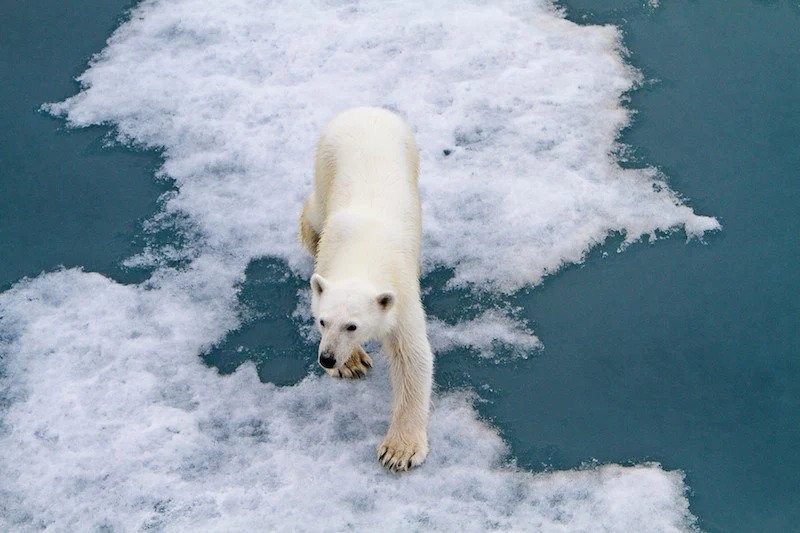Heads of State and Government of countries on the UN Security Council meet on Tuesday at the initiative of British Prime Minister Boris Johnson to discuss the implications of climate change for global peace, an issue on which Council members hold divergent views.
The summit comes just days after the U.S. Government formally re-joined the 2015 Paris Accord on limiting global warming.
In addition to Johnson, whose country presides over the Council in February, dignitaries scheduled to address the summit include UN Secretary-General Antonio Guterres, U.S. Special Envoy for Climate Change John Kerry, French President Emmanuel Macron, President Kais Saied of Tunisia, China’s Foreign Minister and the Prime Ministers of Estonia, Kenya, Norway and Vietnam, according to diplomats.
Related News
- Extreme drought could hit twice as many people by 2100
- UN Report: Only 30% support plant-based diet to fight climate change
The session could serve as a test for relations between the United States and China, one ambassador said on condition of anonymity. Noting that climate is one of the few issues on which the two rival world powers can reach agreement, he cautioned, however, that agreement was far from being a foregone conclusion.
"We’ll need to see the stand the Chinese take with regard to the Americans,” the ambassador said. Traditionally, "the Russians and Chinese would say (climate) has nothing to do with Security Council issues […] but today the Chinese are liable to be slightly open to discussion, which would isolate the Russians.”
What the Russians do not want is for climate to be made a standing theme among the issues handled by the Security Council. On the other hand, discussing it on a case-by-case basis suits them, diplomats explained to French news agency AFP.
The meeting "will focus on security aspects linked to climate change,” said another ambassador, who also wished to remain anonymous.
"Both China and Russia, but not only they, are reluctant to see the Council discuss climate change and its implications,” said a third diplomat, who ruled out the adoption of a joint text at the meeting.
The two countries “think that can become intrusive and that it’s not a peace-and-security matter,” the diplomat, who also spoke on condition of anonymity, explained. “They do not want the Security Council to make decisions on economic choices, even if they understand that climate change can fuel conflicts.”
The Brussels Times

